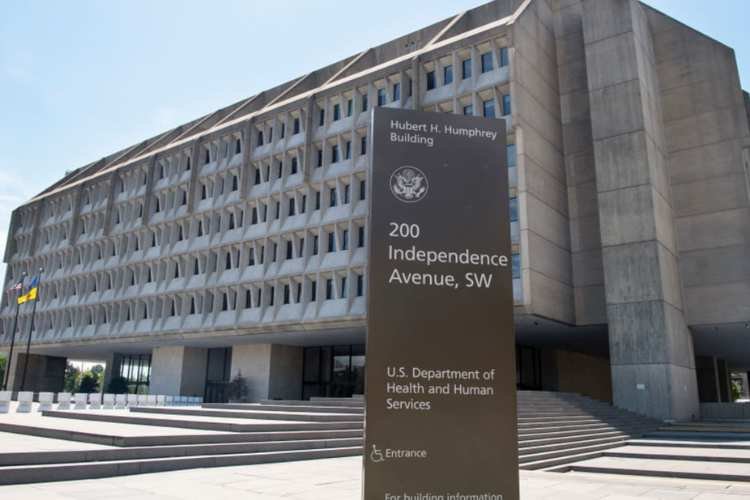Merck & Co., a prominent pharmaceutical company, led the charge in challenging the contentious Medicare price negotiation provisions outlined in last year’s Inflation Reduction Act (IRA). However, the Biden administration has countered by asserting that Merck lacks the legal standing to challenge the law.
In its filing on Monday, the Department of Health and Human Services (HHS) put forth the argument that Merck cannot sue the agency because it is not the primary manufacturer responsible for the diabetes medication Januvia, one of the ten drugs slated for the initial round of price negotiations scheduled for 2026. According to HHS, it is, in fact, a Merck subsidiary, Merck Sharp & Dohme, which holds the FDA license for Januvia and will be subject to the negotiation process.
Merck has contended that it faces potential harm from these price negotiations since it developed and markets Januvia. Nevertheless, HHS disputes this claim, asserting that the actual FDA license holder is a “non-party” to the lawsuit.
Responding to this development, Merck referred back to its initial statement on the lawsuit from June and indicated its intention to address HHS’s latest argument in court.
HHS also challenged Merck’s assertion that the IRA’s price negotiations violate the company’s First and Fifth Amendments. In its lawsuit, Merck argued that the law forces it to participate in pricing discussions and provide drugs at reduced prices against its will. HHS countered this by stating that if a manufacturer chooses not to offer a drug to Medicare patients at the negotiated price, they can exit the Medicare and Medicaid markets without incurring penalties. However, drug companies argue that this requirement is unrealistic and could lead to steep financial penalties for non-compliance.
Apart from Januvia, other medications set to undergo the initial round of negotiations include Imbruvica, Stelara, and Xarelto from Johnson & Johnson, Eliquis from Bristol Myers Squibb, Entresto from Novartis, Jardiance from Eli Lilly, Farxiga from AstraZeneca, Fiasp from Novo Nordisk, and Enbrel from Amgen.
Merck was the trailblazer in challenging the Medicare price negotiations, but it is not alone in taking legal action against the IRA. Recent additions to the list of challengers include Novartis, AstraZeneca, and Boehringer Ingelheim.
In a September filing, Novartis, with its drug Entresto under negotiation, characterized the process as a “sham” and criticized the potential tax penalties for uncooperative companies as excessive and disproportionate.
Like Merck, Novartis also contended that the negotiation setup represents an “unconstitutional taking of private property,” violating the Fifth Amendment.
In an unexpected move, Astellas Pharma from Japan withdrew its legal challenge to the IRA earlier this month. This decision came after their Pfizer-partnered cancer blockbuster, Xtandi, was not included in CMS’ price negotiation list.
AstraZeneca cited concerns related to the 1983 Orphan Drug Act (ODA) and how the IRA might impact that legislation. The company expressed that the IRA’s Medicare price negotiation measures clash with the goals of the ODA.
Boehringer, in its legal action, argued that the price negotiations would encroach on its “constitutional and statutory rights.” This argument aligns with the stance taken by other drug manufacturers, such as Merck, Bristol Myers Squibb, Johnson & Johnson, as well as industry groups like PhRMA and the US Chamber of Commerce.
As the legal battle surrounding the IRA unfolds, it remains a pivotal point of contention in the pharmaceutical industry, with far-reaching implications for drug pricing and access to vital medications.





























